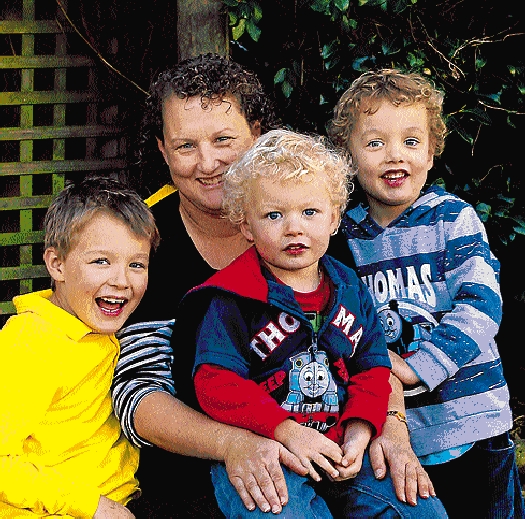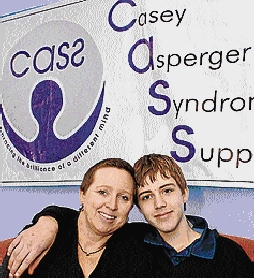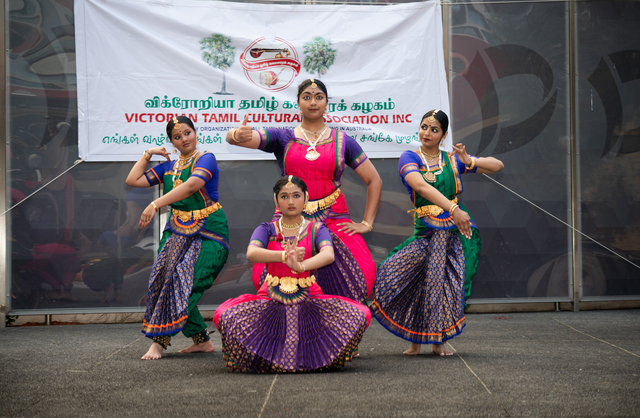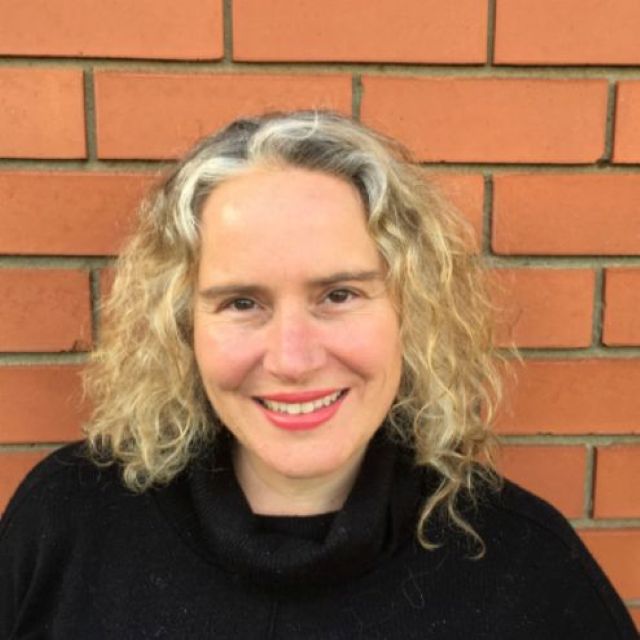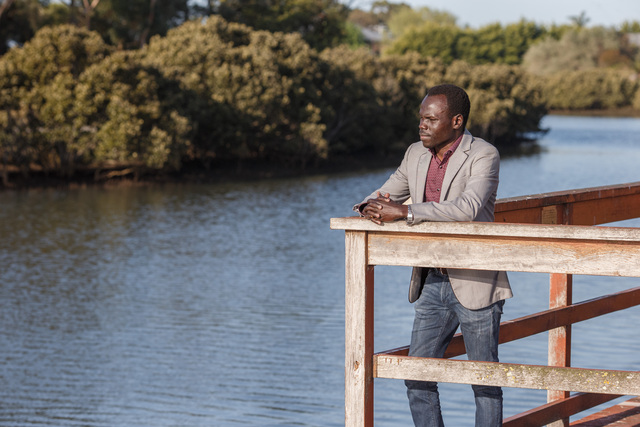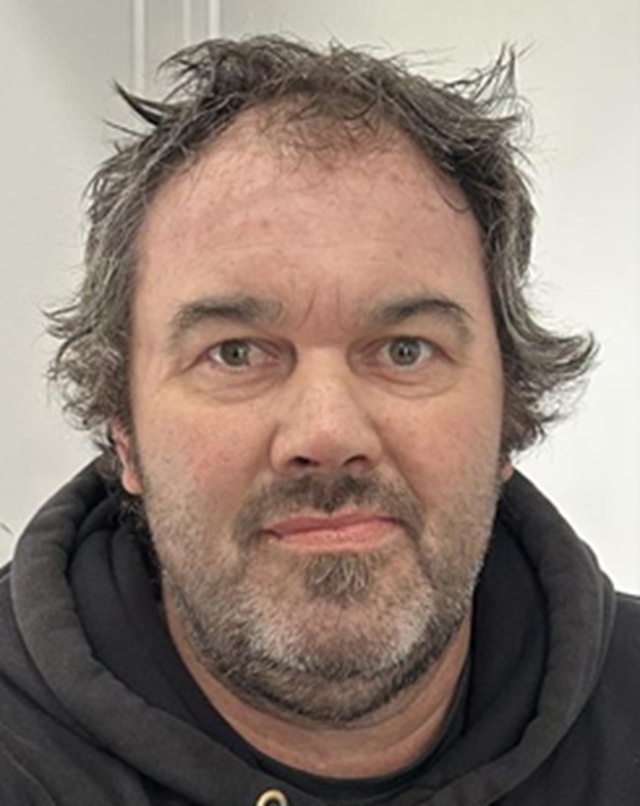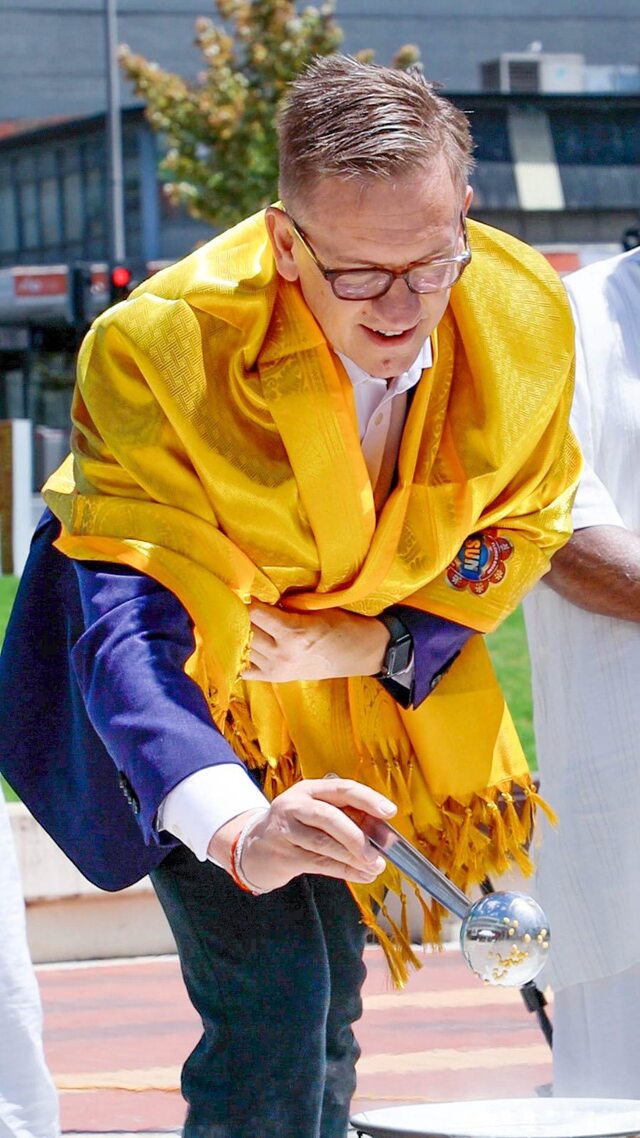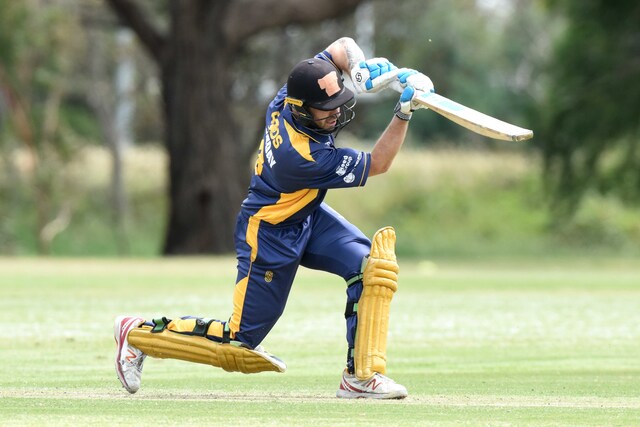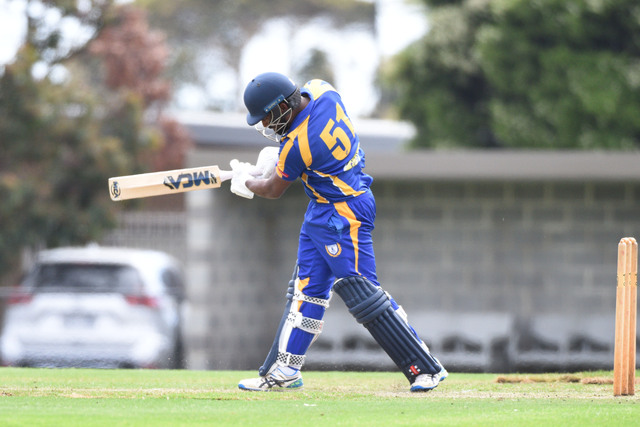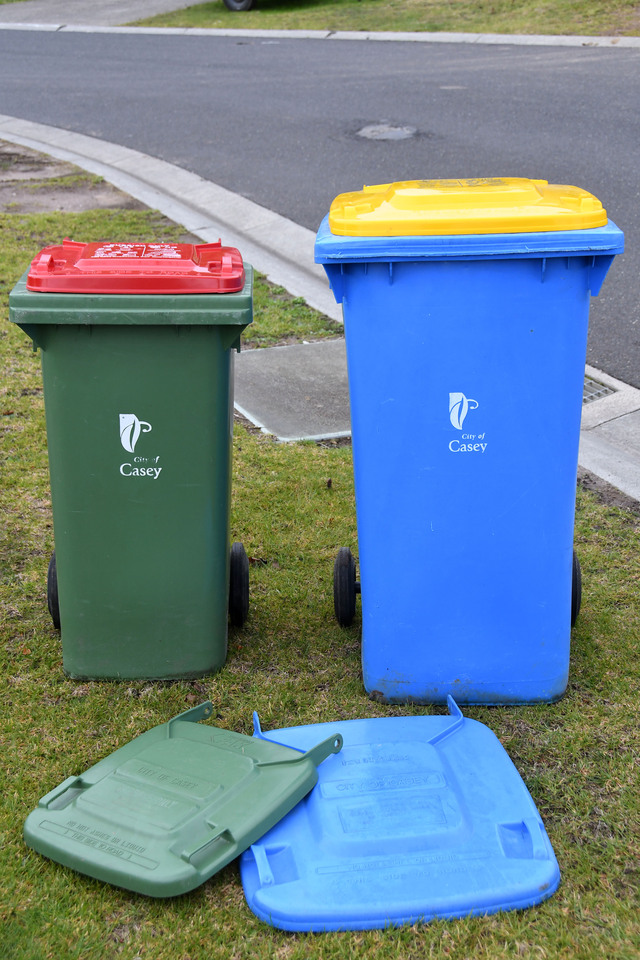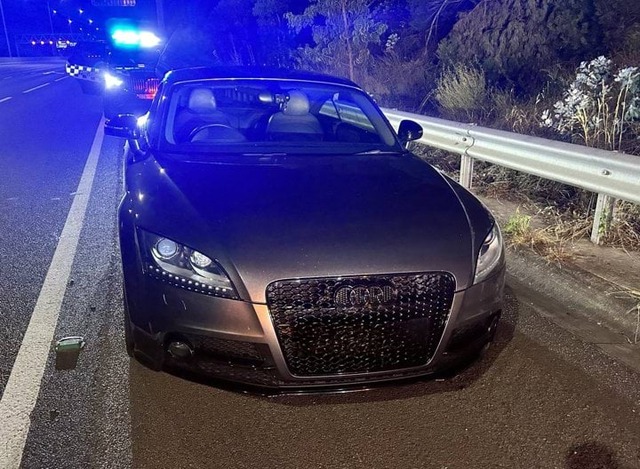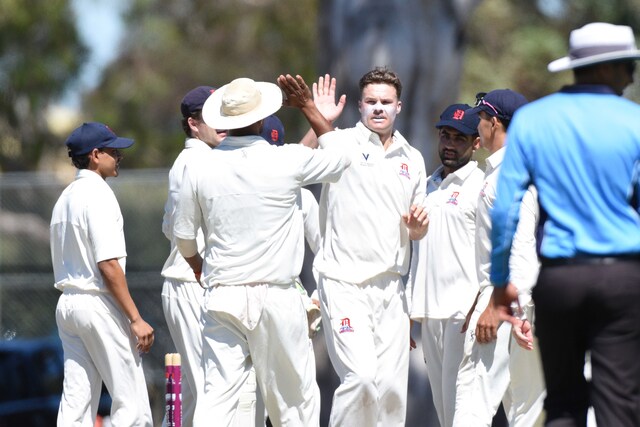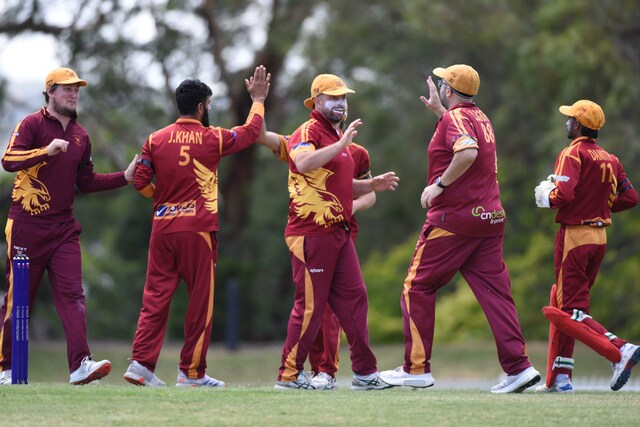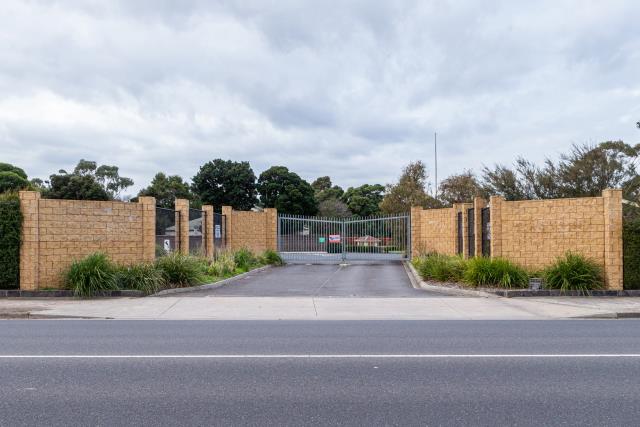By Cameron Lucadou-Wells
Parents of children with autism on the whole silently suffer second-class treatment in Victoria’s school system.
They don’t speak out for fear that it provides ammunition to schoolyard bullies who prey on these socially awkward children. Or because it might imperil precious government funding for aides and other help from schools.
During the past month, a number of parents in Melbourne’s east and south-east have spoken out to the Weekly – some for the first time.
As Lang Lang mother Helen Wise says, it’s a last-ditch effort for a number of furious, distraught parents. “The general community believes that we get assistance,” she says. “They say don’t worry, you’ll get some aides. But kids aren’t getting any help at all.”
They are emboldened by the Change the Criteria campaign started by single mum Janeane Baker in Melbourne’s west. Her son William was diagnosed with autism spectrum disorder but has been denied an aide to continue high school at his specialist school.
Under the state’s disabilities funding criteria ASD children are excluded if their language skills aren’t “two standard deviations below the mean” and that excludes all but the bottom 2.5 per cent.
It has left hundreds of Victorian children who are too bright for specialist schools to flounder at mainstream schools without much-needed support and their parents are left with a dilemma – home schooling or schooling where their children don’t feel at home.
In a matter of weeks, Change the Criteria’s Facebook site has garnered almost 200 members, its online petition has close to 600 signatures and a public meeting is set down for July 22.
“Change the Criteria has given us a voice,” says Ms Wise, a mother of three children with ASD. “What we can’t achieve as individuals we might be able to achieve as a group.”
Australian Bureau of Statistics 2009 data shows that the prevalence of ASD more than doubled between 2003 and 2009 to an estimated 64,000. Early diagnoses are soaring, with almost 75 per cent of the cases aged between five and 18.
WHAT DO YOU THINK? SCROLL TO BELOW THIS STORY TO POST A COMMENT.
Ms Wise says many families suspect the government is trying to cap the growing demand. “They know there would be a lot more ASD kids coming through and they’ve cut them out completely by making it impossible to get funding. They get nothing and they need help. It’s shameful and it’s ruining lives.”
One of the parents who spoke out, Alison Eno, moved from Cardinia Shire and closed her business so her two ASD children could go to $20,000 a year private specialist schools in the inner suburbs.
It came after her son was subjected to several years of frustration and taunts without an aide in the state school system. “The Victorian education system is disgraceful. I and other mothers and fathers shouldn’t have to go through this stress,” Ms Eno says.
Ms Wise has resumed a fierce two-year battle with the Department of Education and Early Childhood Development for an aide for her nine-year-old son Mathew.
She blames the ordeal for her high blood pressure, an inflammatory condition and chronic stress. She dreads the prospect of two more fights on behalf of preschool sons Aaron and Josh.
Mathew has a high IQ which disqualifies him from specialist schools and his language skills were deemed by the department to be too high for disability funding. He confuses social cues and takes things literally, leading to anxiety and isolation at school.
His mother says he could perform well in a mainstream school with an aide to help him to focus in class and interact with his classmates. “He could be a functioning member of society down the track – he just needs that additional help.”
In 2010, just before Mathew attended prep at Lang Lang Primary School, a department therapist said it was imperative that Mathew received state funding.
But the department rejected the application. After strong words through media, including the Weekly, Ms Wise won a 12-month grant for her son, which gave him an aide for 22.5 hours a week last year.
She says he flourished with the help – 18 months worth of progress in six months. Since the grant was stopped this year, Mathew’s anxiety levels “have gone through the roof”.
“The aide was able to translate for Mathew that they’re [other students] not saying what they really mean,” Ms Wise says. “Before he had an aide, he sat by my bedside crying because he thought he was going to march off to die when he took part in an Anzac Day parade.”
She says students are promised the use of
occupational and speech therapists and a psychologist if they don’t qualify for funding. This hasn’t proved the case for Mathew.
What he has got, after two years of lobbying by his mother, is half-an-hour a week with a person trained by a qualified speech therapist but who doesn’t have formal qualifications.
Ms Wise is terrified for Mathew’s younger brother Aaron, who has severe autism. “If he scores more than 70 he won’t qualify for a specialist school. It doesn’t matter if he scores just 71, they still send him to a mainstream school. He would never be able to cope in a mainstream setting.”
Last year about 4400 Victorian students received ASD funding – not including those with ASD who received funding under a different category such as intellectual disability or severe behavioural disorder.
A Department of Education and Early Childhood Development spokeswoman says there is no “central information” on how many students with ASD have been rejected because of language skills.
She says the ASD language criteria ensure funding goes to those with a demonstrated significant need. Language criteria have not changed since its introduction in 1997, she says.
But there are views that the criteria are being applied more strictly. Jenni Verhagen, who heads Casey Asperger Syndrome Support, says her 12-year-old son Mitchell was left bereft when he lost funding for a support aide this year.
After having an aide at primary school for several years, Mitchell has felt “deserted in a new world” with 20 different teachers and different classrooms, and he has been suspended and put on detention because of his frustration.
“He has a great IQ of 110,” Ms Verhagen says. “He doesn’t meet the social situations, including the classroom, and so he lashes out.
“He becomes a target for bullies. He does what the kids tell him to get a reaction – so he kicks people, he hits people and he swears. He has no self-esteem. Like anyone else he just wants to fit in but he can’t. It’s depressing for him.”
An aide – someone on his side – and social skills classes would make the difference even just up to year 8, she says.
Chief executive of Amaze (formerly Autism Victoria) Murray Dawson-Smith says he is concerned for children traumatised by lack of support at school.
“Primary and high school is where you develop your friendship groups and social skills for adulthood. If you don’t have a good school experience you may struggle to develop the friends that other adults take for granted.”
To find out more about Change the Criteria, go to facebook.com/groups/changethecriteria/
For all the latest breaking news, visit greaterdandenongweekly.com.au. Follow the Greater Dandenong Weekly on Twitter @DandenongWeekly.

